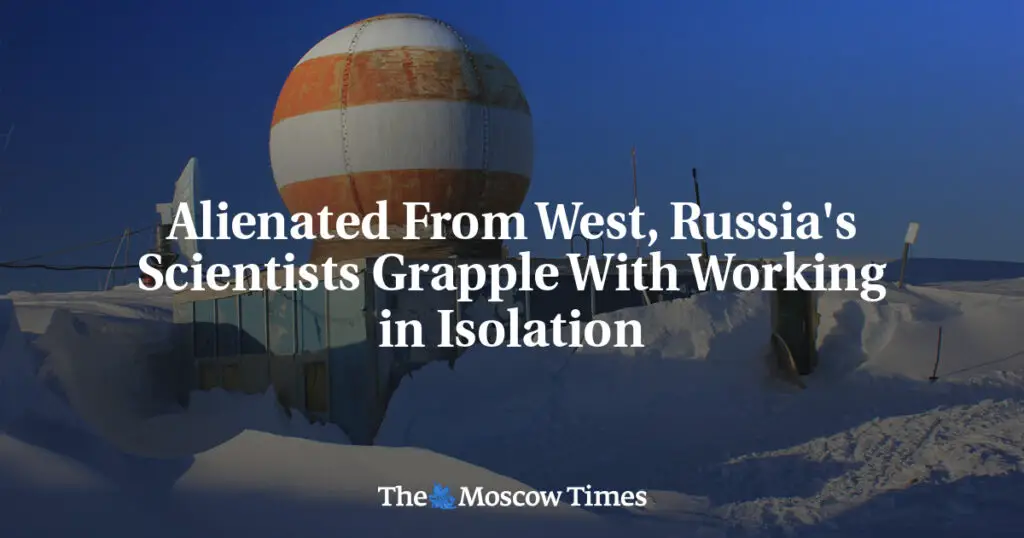The impact of Russia’s isolation on its scientific institutions
In the aftermath of Russia’s invasion of Ukraine, the country’s scientific institutions have found themselves cut off from their Western counterparts. As a result, they are facing limitations on equipment and software supplies, access to crucial information, and opportunities for collaboration. The isolation of a nation that is home to vast ecosystems, over 50% of the Arctic Ocean coastline, and critical scientific datasets has raised concerns over global scientific cooperation on the world’s deepening climate and environmental crises.
Challenges and Consequences
Russian researchers across all disciplines have lost access to most foreign databases, digital libraries, and scientific cloud infrastructure, according to Russia’s Education and Science Ministry. This has led to a series of challenges, including the cancellation of international projects, the inability to participate in some conferences, and difficulties with obtaining visas and making international payments. Additionally, it has become more difficult for scientists affiliated with Russian institutions to have their publications accepted by international journals.
The alienation of Russian science from the West has resulted in a brain drain and the end of many scientists’ professional dreams. Many scientists have emigrated, accelerating Russia’s existing “brain drain,” while those who remain face uncertainty about their professional futures.
The Way Forward
Despite these challenges, there are signs of a potential thaw in relations. The partial restart of scientific exchange between Russia and other Arctic states offers cautious hope that vital cooperation will not cease to exist. Additionally, there is a call for the creation of initiatives to maintain a minimal level of communication between adversaries, similar to the Pugwash movement created during the Cold War.
Ultimately, Russian scientists and their counterparts from other countries are hopeful that better days will come, and that global scientific cooperation will continue to thrive.
Source link


